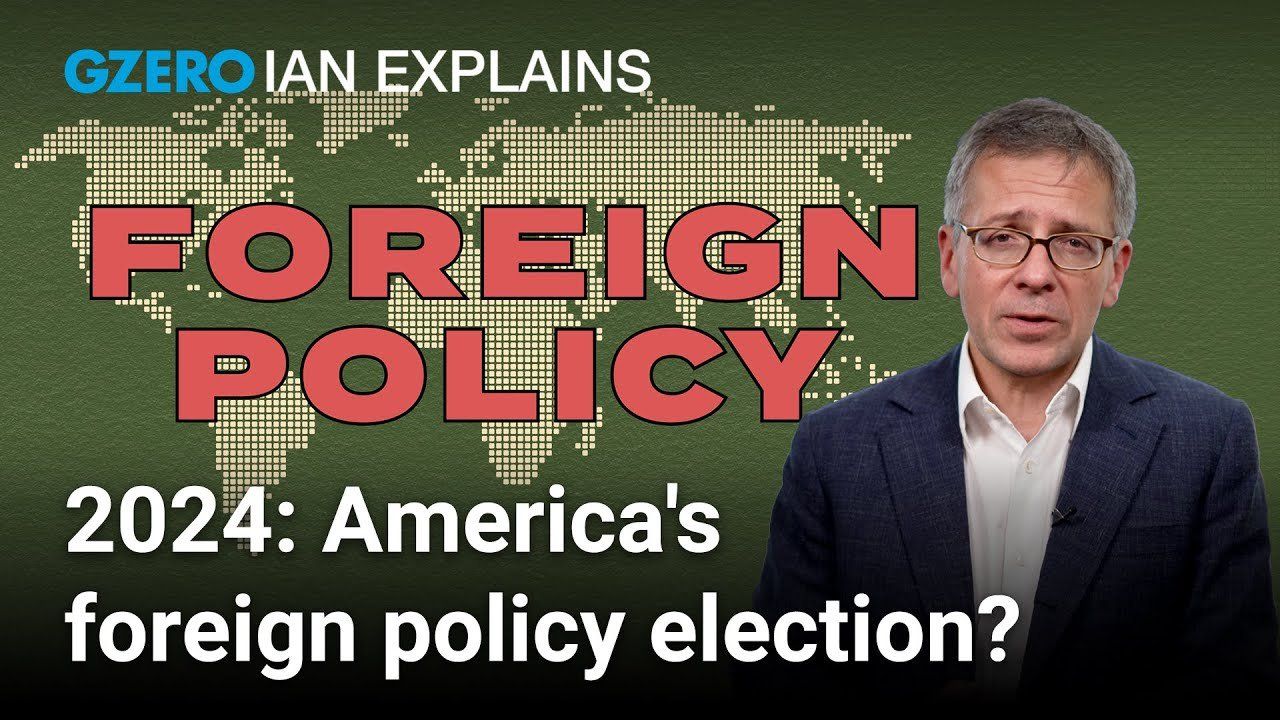
How much does foreign policy matter in a US presidential election? This year, more than usual.
When pollsters started asking Americans in 1948 what they viewed as the “most important problem” facing the country, foreign policy and international security dominated.
Looking ahead to the 2024 presidential election, Biden has managed to turn a Covid-ravaged economy around, with growth pegged at about three percent per quarter. Wages are going up, unemployment is at an all-time low and the stock market is coming on strongly. By every economic indicator, Biden should be surging. And yet, by every political indicator, he’s floundering.
Biden’s fate in November may hinge on whether he can convince a skeptical electorate that the economy is doing as well as it is...actually doing. But Americans’ views on the Ukraine war have shifted, with a plurality now saying the US is doing too much to help Ukraine. And half of US adults polled in February said that Israel has gone too far on its war with Gaza. Could Biden’s handling of these key foreign policy issues cost him the election in November?
It’s already clear that foreign policy will play an outsize role in this year’s election. So will immigration, which topped Gallup’s “most important problem” list in February and which is both a foreign policy issue and an economic one.
Catch GZERO World with Ian Bremmer every week at gzeromedia.com/gzeroworld or on US public television. Check local listings.
- Journalist Robin Wright explains why Biden’s foreign policy comes up short ›
- Israel-Hamas war: Biden's second foreign policy crisis ›
- Henry Kissinger: Towering (and polarizing) figure in US foreign policy dies at 100 ›
- Pioneering Black American leaders in US foreign policy ›
- Biden vs Trump foreign policy: Political scientist Stephen Walt weighs in - GZERO Media ›
- Why the US is sending aid to Ukraine, Israel, and Taiwan - GZERO Media ›
- Ian Explains: How political chaos in the UK, France, & Canada impacts the US - GZERO Media ›
- Ian Bremmer’s 2024 elections halftime report - GZERO Media ›
- Top threats to US election security - GZERO Media ›
- Ian Bremmer & Van Jones on instability & the US election - GZERO Media ›
- How Trump's tariffs could help (or hurt) the US economy - GZERO Media ›
- Podcast: Will Trump's criminal conviction ruin his campaign - or American democracy? - GZERO Media ›